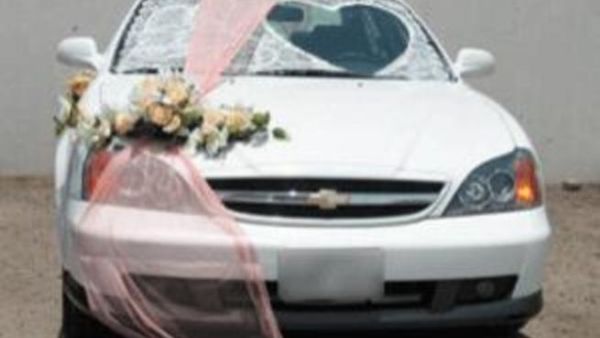Whenever I plan on test-driving a car, I always prepare ahead of time in order to know what to look for. Usually this involves reading up on the car online, checking out other reviews, and going over specifications and prices abroad.
Those prices invariably piss me off, seeing as they’re usually so much less than those in Lebanon. Honestly it makes me feel like there’s a conspiracy to prevent Lebanese from enjoying life’s simple pleasures.
So I decided to look into and understand the exact manner in which tariffs are applied on new cars, and what I discovered only managed to get me more frustrated.
It turns out that the government applies a 20-percent duty on all cars that arrive here at a cost of $13,600 or less. Okay, I accept that. However, a tax of 50 percent is applied on anything above that amount. So if a car in Europe costs a dealer $30,000, a further $11,000 in taxes is added in import duties.
But it doesn’t end there, because they then proceed to slap a 10-percent value added tax, which they conveniently refer to as port tax, on top of the total, bringing it up to more than $45,000.
We’re still not done, because obviously the dealer needs to make a profit. Let’s assume that they add a $5,000 profit margin on the car, which brings the total to $50,000. The initial $30,000 cost was on the mid-to-low end of the price spectrum, with only a 20-percent import tax leveled on nearly half of it, and the price is already 66 percent more than in Europe. The markup on a slightly more expensive car would be an even greater proportion of the initial cost.
And it still doesn’t end there, because there’s another 10 percent VAT the customer has to pay when he buys the car – the $30,000 car now costs you a whopping $55,000.
And we’re still not done. Registration, which costs around $100 in the U.S. and Dubai, can cost you up 10 percent here, if not more (the scheme is obscure and depends on the individual car). So now you add another 10 percent on the new total, and end up paying more than $60,000, twice what it costs people in, say, Dubai, where salaries are at least three times what they are here (I know, I checked).
So when all these politicians and religious figures start complaining that Lebanese people are emigrating, all I can say is, you reap what you sow. People live only once and life is short. Don’t Lebanese deserve to enjoy the same things that people in other countries take for granted?
What am I supposed to tell my children some day when they ask me why everything is so expensive? That there was a war 50 years ago in which we played no role but apparently we have to pay for it? Or that although this is supposedly a democracy the people who came up with that brilliant idea didn’t consult me, or any other Lebanese, before they proceeded to slap ludicrous amounts of tax on everything? Or that they even want to take a greater proportion of our incomes so they can give raises to state employees?
It’s easy to make such decisions when your incomes – well-deserved or not – can handle it, but the rest of us work very hard and put in very long hours, and setting legislation that effectively prices things beyond our financial means as we watch others take them for granted only motivates people to leave for greener pastures.
Good luck securing revenues for the treasury when the only people left here are the ones without hopes or dreams.








